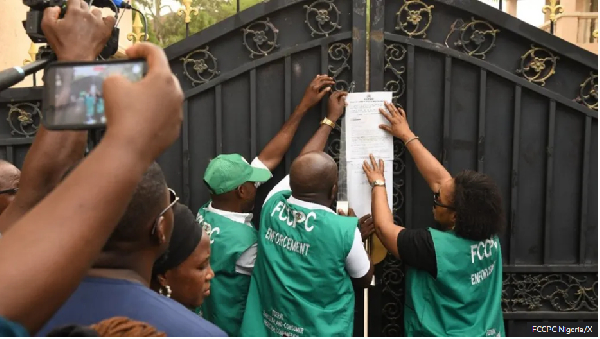Can climate change mitigation quell ethnic conflict?

Both Nairobi and Kampala have deployed national security officers, drawn from both civilian and military forces, to help restore peace and calm in the affected regions, but little result has come of this as the death toll from the conflicts continue to rise daily.
In Kenya’s North Rift region — the hotspot of such conflict — more than 100 civilians and about 16 law enforcement have been killed by bandits this year alone, the Ministry of Interior and National Administration said.
In Karamoja, apart from those who lost lives to the conflict, the Uganda Human Rights Commission in May reported that more than 2,000 people starved to death in 2022 due to the long dry spell that hit the region.
The two regions that border each other are just coming out of a prolonged drought that heightened the food insecurity situation in the region, fuelling conflict marked by organises cattle rustling, looting and loss of lives.
Yet, little attention has been paid to the climate change-related problems that are the roots of the conflicts, although experts say that could be the key to quelling recurring conflicts across Africa.
At the Berlin Climate and Security Conference held in Nairobi last week, leaders resolved to begin focusing on addressing specific needs of communities impacted by climate change to foster peace and calm in the regions.
A dispatch after the day-long talks said the leaders acknowledged “that the ever-growing adverse impacts of climate change have deleterious consequences on the sustainability of peace, security and stability across Africa especially on fragile communities.”
“The consequences of the climate crisis tend to (fan) conflicts over food, water, land and resources and thus also refugee and migration movements. People in fragile and conflict areas are particularly affected,” Jennifer Morgan, Germany’s special envoy for international climate action, said at the conference.
The forum agreed that climate-change related conflict is limiting African government’s ability to alleviate poverty and focus on other Agenda 2030 goals, as resources are redirected towards peace operations in affected regions.
They called on governments and other relevant stakeholders to work together to “better address the impacts of climate change on international peace and security through diplomacy, development and defence approaches,” the statement said.
Kenya’s Prime Cabinet Secretary Musalia Mudavadi, speaking to journalists on the sidelines of the conference, said in addition to the security operation in the north, the government will be using the climate change mitigation route to address the unrest in the region.
“First, security has been beefed up by the government to try and reinstate the security in the region. The second aspect is the need to have dams and functioning infrastructure,” he said.
“And the commitment that we have made is to increase our spending in bringing up water pumps and ensuring that we have more grazeable. This is the softer option but also the more durable option to ensuring security is maintained in East Africa.”
Mudavadi said plans are underway to ensure border communities can seamlessly share resources and amenities with neighbouring countries to build harmony and reduce conflict spurred by scarcity in such regions as the North Rift in Kenya and Karamoja in Uganda.
Source: theeastafrican.co.ke





